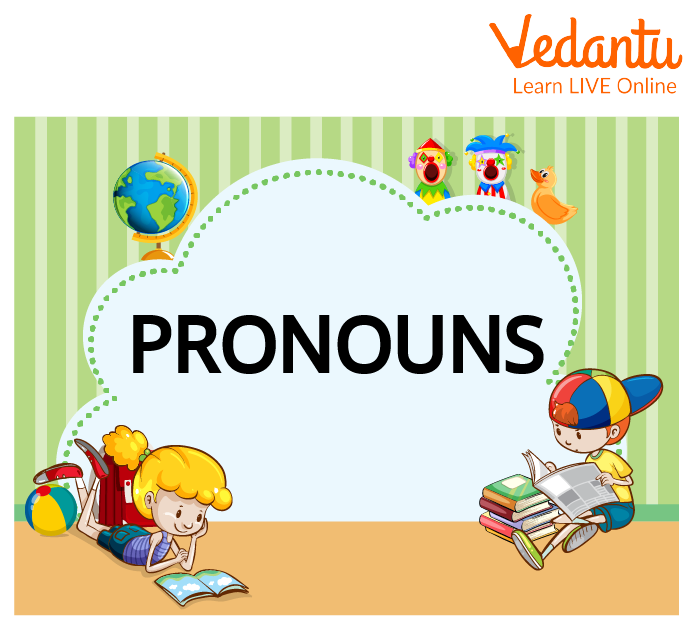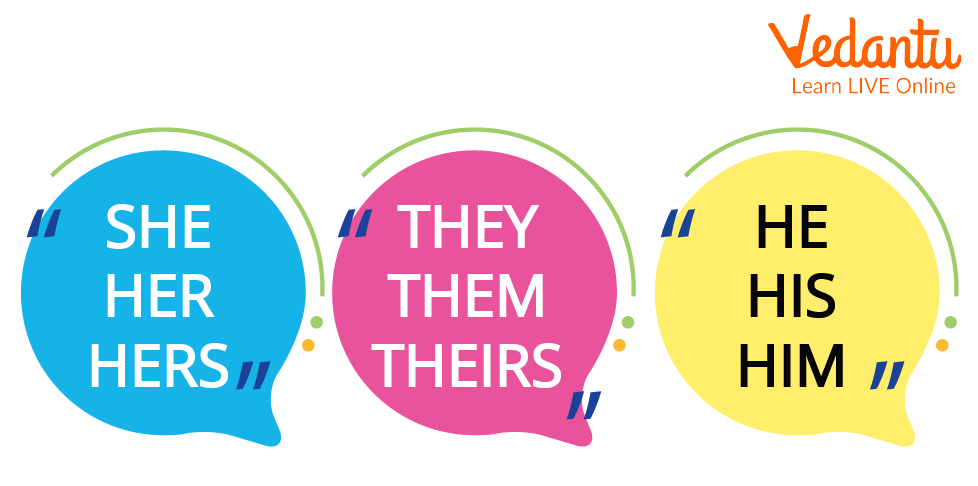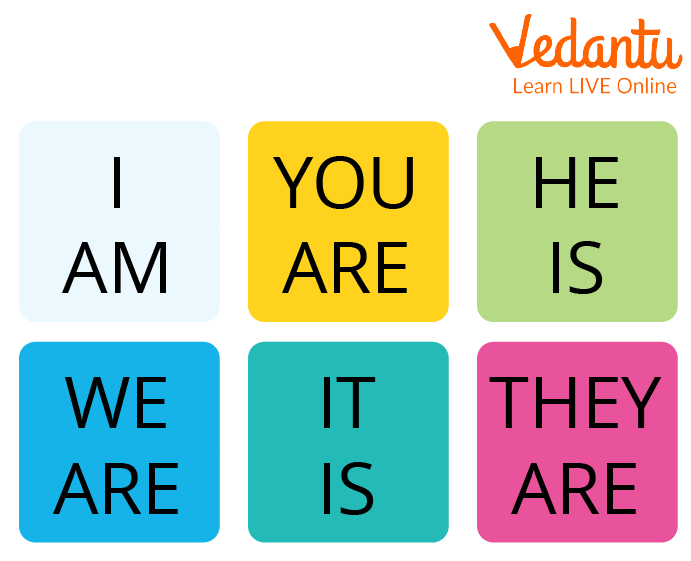Practice Class 2 Pronoun Questions with Answers & Free PDF for 2025-26
FAQs on CBSE Class 2 English Grammar: Pronoun Guide and Practice PDF (2025-26)
1. What is a pronoun, and why is it an important topic for Class 2 exams?
A pronoun is a word used in place of a noun to avoid repeating the same noun. For example, instead of saying "Rohan is a good boy. Rohan loves to play," we say "Rohan is a good boy. He loves to play." This is an important question for the 2025-26 session because it tests your ability to make sentences clearer, a key skill in the CBSE Class 2 English syllabus.
2. What are the most important personal pronouns a Class 2 student must know for exams?
For your Class 2 English exams, it is essential to know how to correctly use the following personal pronouns:
I, We, Me, Us: Used for the person speaking.
You: Used for the person being spoken to.
He, Him: Used for a single boy or man.
She, Her: Used for a single girl or woman.
It: Used for a single animal or a non-living thing.
They, Them: Used for more than one person, animal, or thing.
3. What is the most frequently asked type of pronoun question in Class 2 tests?
The most common and important question format involves replacing an underlined noun with a suitable pronoun or filling in the blanks. This directly tests your practical understanding.
Example: Replace the underlined word with a correct pronoun.
Ria and Diya are friends.
Answer: They are friends.
Mastering this format is key to scoring well.
4. Why is it so important to use the correct pronoun in a sentence?
Using the correct pronoun is crucial because it ensures the sentence is clear and makes sense. If you use the wrong pronoun, the meaning becomes confusing. For instance, for 'the dog', using 'he' or 'she' would be incorrect; the right pronoun is 'it'. Examiners look for this accuracy, and getting it right is essential for earning full marks in grammar exercises.
5. How do you decide which pronoun to use for a noun like 'a boy', 'the girls', or 'my book'?
To choose the correct pronoun, you must look at the noun's number (singular/plural) and gender (masculine/feminine). Here's a simple guide for your exam:
For a single boy or man ('a boy'), use he.
For a single girl or woman ('a girl'), use she.
For a single animal or thing ('my book'), use it.
For more than one person, animal, or thing ('the girls'), use they.
This is a common area where marks are lost, so it's a very important concept to practise.
6. What is a common mistake to avoid when using pronouns for groups of people or things?
A common mistake, often seen in exams, is using a singular pronoun for a plural noun. For example, if a sentence says, "The children are playing," you must replace "The children" with the plural pronoun 'they'. Using 'he' or 'she' would be incorrect. Always check if the noun is one or many before selecting a pronoun. Avoiding this error is a key exam tip.
























